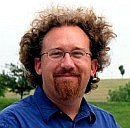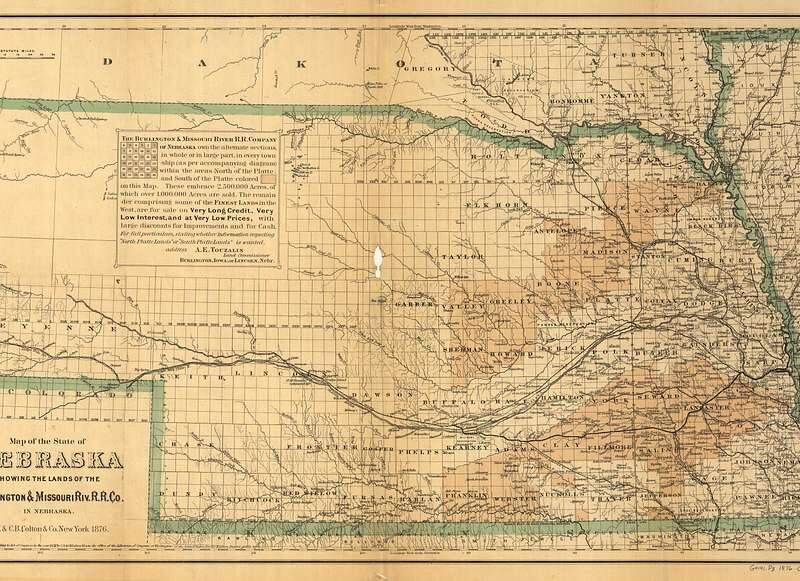
Story by Daniel Boster
To get to this year’s Urban Sites Network Conference in Denver, I opted for driving instead of flying. For me, it was a quiet time for thinking about the conference (no kids in the car) and trying to keep my car from being blown from the highway by a typical Great Plains wind. I arrived in Colorado on the Thursday evening before the conference, and, to avoid evening rush hour traffic, I headed up to Boulder to wait it out. I wanted some physical activity after being in the car for eight hours, so I went to Mt. Sanitas. Less than a mile from the downtown Boulder is where fifty or so Boulder-ites were taking their evening walks. But, again, it’s a mountain–1,300 feet elevation gain in the mile and a half to the top. It was more than just an evening stroll, and I was proud of myself for making it. (I’m out of shape and was winded by the altitude.) As I stood there congratulating myself, an elderly woman in sandals, carrying a Chihuahua in her arm, joined me at the “summit,” greeted me (without being short of breath), and headed right back down. Realizing I should probably get out of the mountains, I scrambled down and drove into Denver.
Friday morning’s activities included a five-hour writing marathon through the streets of downtown Denver. The afternoon included a session on writing for publication facilitated by Dr. Louann Reid, outgoing editor of the English Journal, and a historic walking tour of Denver. Dr. Reid encouraged all teachers to publish the ideas they use in their classrooms and provided a great deal of practical advice for doing just that. (I have the handbook she distributed for anyone who is interested.) In the afternoon, I went on the walking tour led by local historian and history professor, Kevin Rucker. Apparently, crooks, claim jumpers, and corrupt politicians founded Denver. (Mr. Rucker also seemed to believe in several stories about ghosts who haunt Denver’s old buildings.) The evening activities included dinner, performances of scenes from Shakespeare by second and sixth graders from Denver schools, and a few songs by Notorious, a singing group of high school boys.
Saturday morning began with a keynote address by Richard Sterling, executive director emeritus of the National Writing Project and organizer of the first Urban Sites Network meetings. The theme of this year’s conference was “Reading and Writing for Understanding and Social Change in the Urban Classroom,” and his words were an inspiring start to a day of sessions that ranged widely from place conscious teaching to encouraging student voices using multicultural literature to implementing multimedia in urban classrooms.
The sessions I attended have already turned into ideas I will use in my classroom and hope to share with others. The activity of one session had students participate in a simulation of a civil rights march in Selma, Alabama, that included “marching,” viewing photographs, reflecting on emotions, and writing from the point of view of a witness. The second involved twenty teachers from all over the country sharing ideas about how to use multicultural literature to reach “disengaged” students and “develop authentic writing assignments.” Finally, I met the folks who work on the E-Anthology and discussed how to respond to writing in a way that “honors the writer’s purpose.” And, just as important, I had several discussions between sessions, walking to the elevator, during meals. (One such conversation was with Robyn Dalton–now in Denver–who wanted me to pass along her greetings to all of you.)
The conference ended with a “town meeting” and a presentation by the Louisville (Kentucky) Writing Project, the hosts of the 2009 Urban Sites Network Conference. During the weekend, I met people from all the major urban areas–Boston, New York, San Francisco. However, I also meet people from Boise, Idaho, Missoula, Montana, Savannah, Georgia–all cities comparable to or smaller than Lincoln and Omaha. As I talked to people about the issues facing urban schools–poverty, changing ethnic populations, marginalized students, low literacy levels, it became even clearer to me that the Nebraska Writing Project and Nebraska teachers–rural, urban, and suburban–have something to gain from networking with these teachers. It was a powerful, affirming, and encouraging experience. I hope some of you will join me next year in Louisville, and I promise you won’t even have to go mountain climbing.


